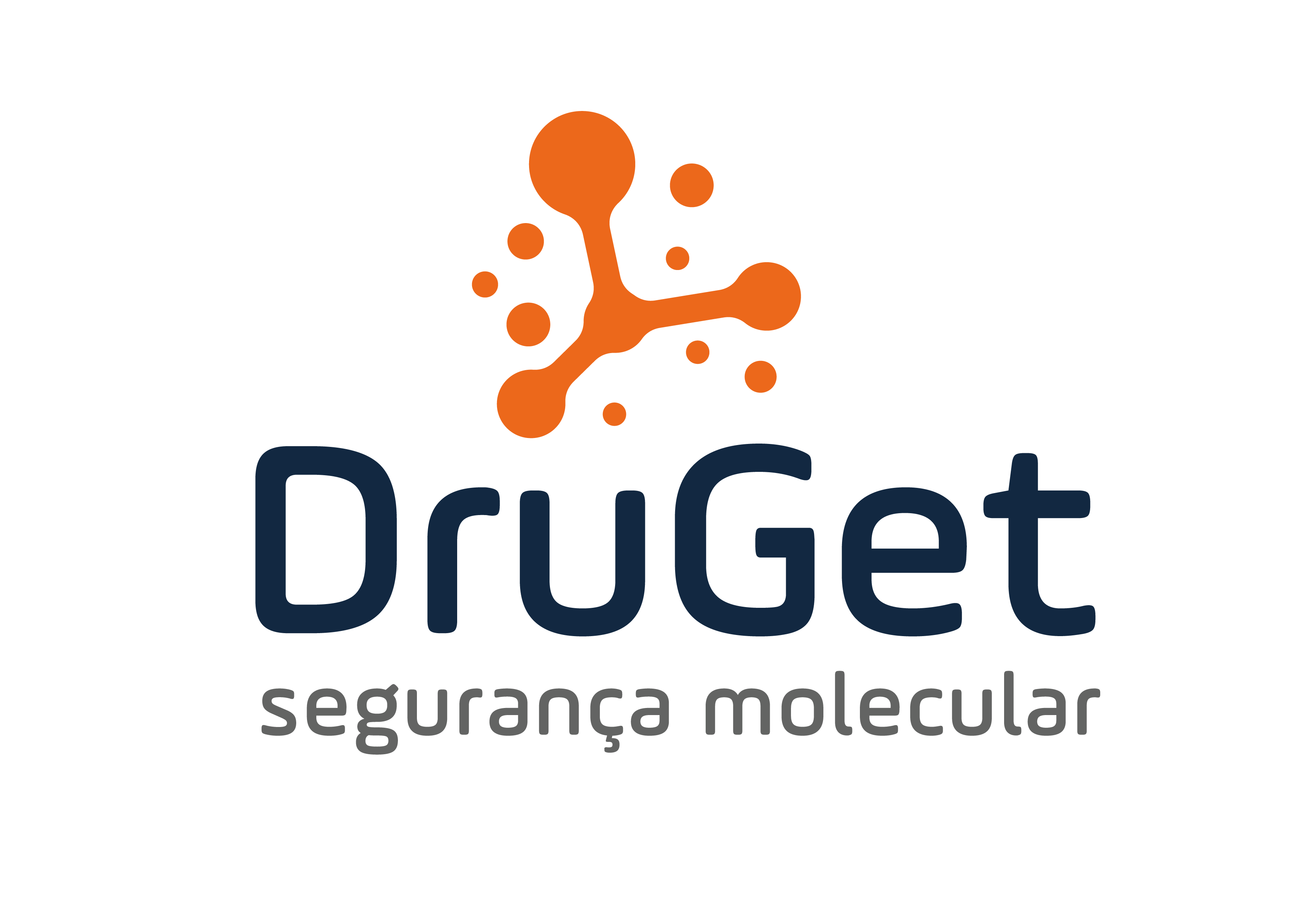Welcome to the DruGet blog! Today, we first explore the fascinating impact of artificial intelligence (AI) on drug discovery. In fact, AI is transforming the pharmaceutical industry, bringing advances that definitely revolutionize the development and implementation of new treatments.
How Artificial Intelligence is Transforming Drug Development:
Virtual Drug Screening:
Firstly, AI algorithms, such as k-nearest neighbor, random forest, extreme machine learning, support vector machines and neural networks, are widely used in virtual screening of molecules. These algorithms predict the synthetic feasibility, activity and in vivo toxicity of various substances, accelerating the identification of promising candidates for new medicines. This approach saves time and, in addition, significantly reduces drug development costs.
New Drug Design:
Furthermore, AI in new drug design enables the creation of pharmaceutical agents with desired properties in a cost-effective and efficient way. Advanced machine learning techniques allow us to model and simulate thousands of chemical compounds, identifying those with the greatest therapeutic potential. This speeds up the development of new medicines, making the process faster and less expensive.
Identification and Validation of Therapeutic Targets:
Furthermore, AI is a powerful tool in identifying and validating therapeutic targets. By analyzing large volumes of biological and clinical data, AI algorithms identify molecules and proteins crucial in specific diseases. This helps researchers to focus on targets with greater therapeutic potential, thus increasing the chances of success in developing new treatments.
Drug Repositioning:
On the other hand, AI is also innovative in drug repositioning, identifying new therapeutic applications for existing drugs. Deep learning algorithms and data analysis reveal new possibilities for clinical use for already approved drugs, expanding their applications and benefiting more patients quickly and economically.
Improving Efficiency in Drug Discovery:
What’s more, AI makes the drug discovery process more efficient, from initial screening to clinical trials. By analyzing large volumes of data, AI identifies patterns and correlations that guide the selection of the most promising candidates for clinical trials. Furthermore, AI optimizes the design of clinical trials, selecting the most suitable patients and personalizing treatments, increasing success rates and reducing costs.
Clinical Data Analysis:
Clinical data analysis is another area where AI shows great potential. Advanced algorithms process and interpret clinical study data, identifying patterns, correlations and insights that might otherwise go unnoticed by traditional methods. Consequently, this allows for more targeted development of new medicines and personalization of treatments based on individual patient characteristics.
Clinical Trial Optimization:
Ultimately, AI transforms clinical trials by helping select the right patients, personalize treatments, and improve study efficiency. AI can predict which patients are most likely to respond positively to a new treatment, increasing trial success rates and speeding the approval of new drugs.
Benefits of AI in the Pharmaceutical Industry:
- Fast and Efficient Discovery: AI accelerates the discovery of new drugs, reducing the time to bring new products to market.
- Cost Reduction: Optimizing processes through AI significantly reduces the costs of drug development.
- Precise Data Analysis: AI algorithms analyze large volumes of data quickly and accurately, guiding the discovery of new medicines.
- Expanding Clinical Use: AI reveals new applications for existing medicines, accelerating the availability of new treatments.
- Personalized Treatments: AI enables the development of more effective and targeted treatments, based on the individual characteristics of patients.
- Optimized Clinical Trials: AI increases the chances of clinical trial success and reduces the costs associated with failed trials.
In conclusion, artificial intelligence is transforming the pharmaceutical industry, driving innovation and improving efficiency in the development of new medicines. As technology advances, we can expect even more improvements and breakthrough discoveries, benefiting patients and healthcare professionals around the world.
For more information, see:
- Roda, Celina. Inteligência Artificial na Descoberta de Novos Medicamentos. Revista de Farmacologia Aplicada, São Paulo, v. 10, n. 2, p. 45-58, julho 2021.
- Sullivan, Mark. IA consegue prever como novas drogas vão interagir com o corpo humano. Fast Company Brasil, 08 jul. 2024.
- Paul, D. et al. Inteligência Artificial na descoberta e desenvolvimento de drogas. Drug Discovery Today, volume 26, número 1, páginas 80-93, janeiro de 2021.







